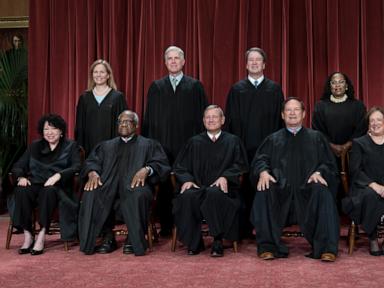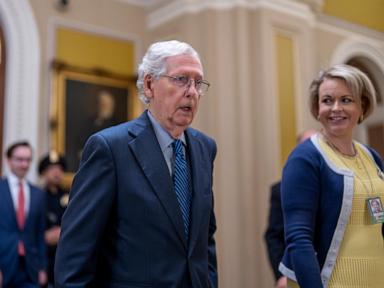
Photo by Annie Spratt on Unsplash
(KNSI) – Over the past year, many people have been following the creation of COVID-19 vaccines and watching how countries and states are getting shots into arms. However, people with legitimate curiosities or concerns might come upon misinformation about the vaccines.
“One of the places misinformation flourishes is when there are information voids — when people are genuinely in good faith searching for information on a topic and the information just isn’t there or it’s not readily found or it’s not easily understood,” says Dr. Emily Vraga, a professor of health communication at the University of Minnesota. She’s a co-author of The COVID-19 Vaccine: Communication Handbook.
“If that gap is not filled with good information, it can be easily filled with bad information,” Vraga said.
One piece of misinformation that could surface is the idea that if you have had COVID-19, you don’t need a vaccine. Vraga says this is not true; people who have had COVID-19 should still get vaccinated when it is available to them.
“We do not know about the durability of your protection after having COVID-19,” Vraga said. “We are pretty confident it lingers months. We don’t know how much longer than that it will protect you.”
With a quick vaccine development process and perhaps a slower-than-we-would-like vaccine rollout effort, this dissonance can be uncomfortable for people, says Vraga. When it comes to the former concern, she says it is helpful to know that the COVID-19 vaccine development race has been one of the most transparent tests of vaccine safety to date.
“I don’t think anyone has followed vaccine development as closely as the world has followed COVID-19 vaccine development, and in that we have that safeguard that there’s a lot of people watching this, looking for problems and finding none,” Vraga said. “The experts are convinced this process has been very thorough, very safe.”
When looking for accurate information about COVID-19 vaccines, Vraga says it is important to find a trusted source that presents information in a transparent, easy-to-understand manner. These sources include federal, state and local public health departments.
“I’d really stress that every state has their health departments that have been working tirelessly on vaccines,” she said. “They’re going to have the most up-to-date information about your area.”
People can also bring vaccine questions to a trusted healthcare provider like a family medicine doctor or nurse.
Good information can be found on the internet, too. Vraga said that social media can be a vector for misinformation, but it can also be a good place to share accurate information to fight back against vaccine falsehoods.
“Taking an extra moment to Google a headline that seems outlandish or too good to be true, making sure that that information is verified information,” Vraga said. “If it’s not, letting people know, ‘Actually, I can see why you might be confused, but here’s what our local health officials are saying,’ or, ‘Here’s what the CDC recommendations are,’ or whatever the response is because you don’t want to leave misinformation out there for other people to stumble across and potentially be misled by.”









